How to keep gardening no matter what your age or mobility
Practical tips from an expert on how to make your garden more user-friendly and easier to maintain, so you can keep enjoying its benefits for longer.
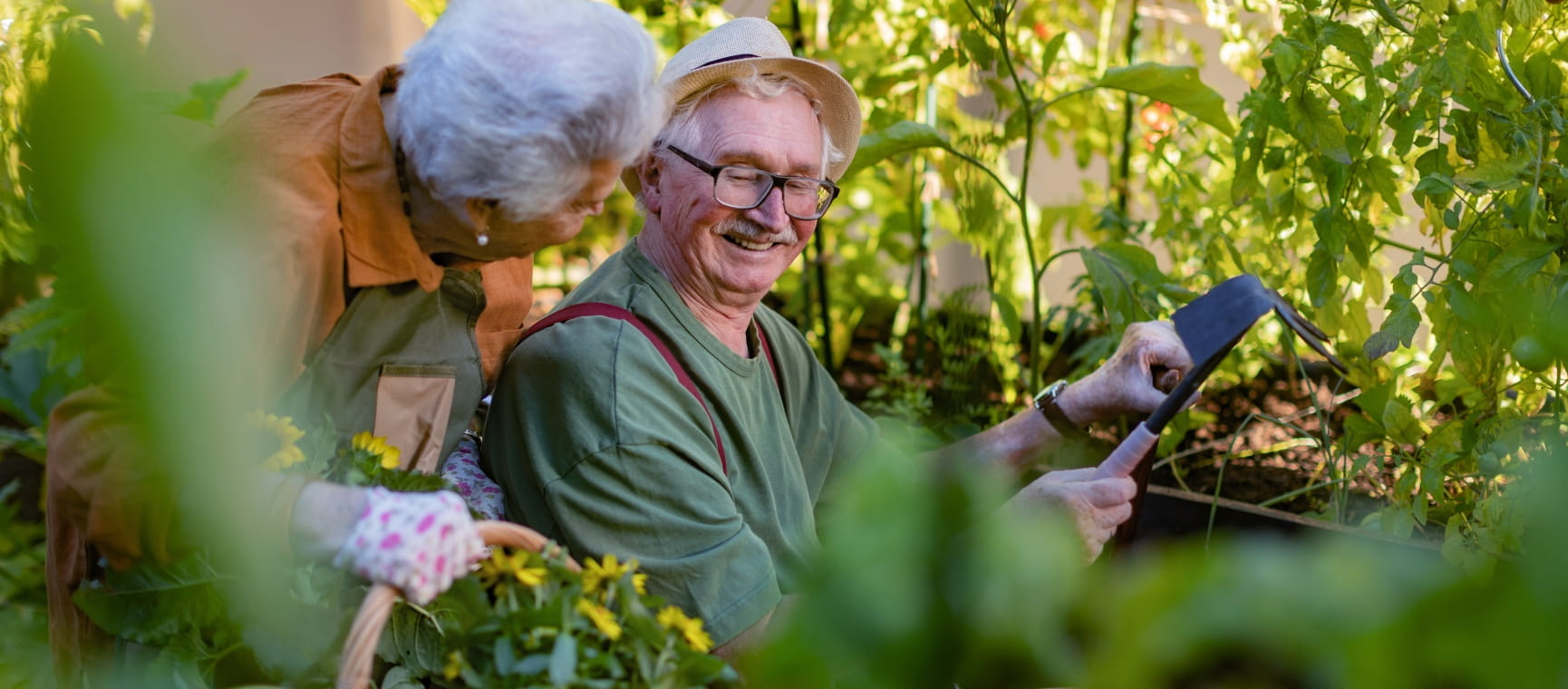
Practical tips from an expert on how to make your garden more user-friendly and easier to maintain, so you can keep enjoying its benefits for longer.

If we could pop a pill called gardening, it would be hailed as a miracle cure. Lowering blood pressure and easing stress, boosting happiness, memory and gut health, burning calories, building bone strength, and giving us vital vitamins, endorphins and serotonin – it does all this while improving our surroundings and diet, as well as connecting us with nature. So what are you waiting for?
For many of us, it’s not the garden that is the barrier to these benefits, it’s the gardener. Just as we reach an age where we have more time for our garden, we’re experiencing back ache, creaking joints, arthritic twinges and more. All of which put a dampener on our energy and enthusiasm.
But new ways of thinking about gardening, and the development of methods and tools that take the strain out of the process, mean it has never been so accessible – whatever challenges you’re facing. Just ask Mark Lane, award-winning garden designer, author, TV presenter, campaigner – and wheelchair gardener since a car crash in 2000.
“After my accident, I didn’t want to go outside,” Mark recalls. “I’d thought it would be too difficult or painful, but one day, Jasen, my husband, just wheeled me out. For those ten minutes we were outside, I forgot about the pain and the accident. I was completely focused on the breeze and the sun on my face.
“That moment changed my life. I thought, ‘Crikey, nature’s doing something wonderful here’. From then on, I’d spend as much time as I could outside.”

As a pioneer of accessible gardens within the design world, and the BBC’s first regular gardening presenter in a wheelchair, Mark has influenced both professionals and home gardeners to rethink how we create and use outdoor spaces. It starts, he says, by looking at yourself and asking honestly what sort of gardener you want to be, acknowledging any restrictions you have.
“For me, it meant going back to basics and looking at what my limitations were – my strength and reach,” he says.“So be honest, as understanding what your body can do makes your gardening easier.”
Mark says to start by looking at pathways in your garden. These are his tips:
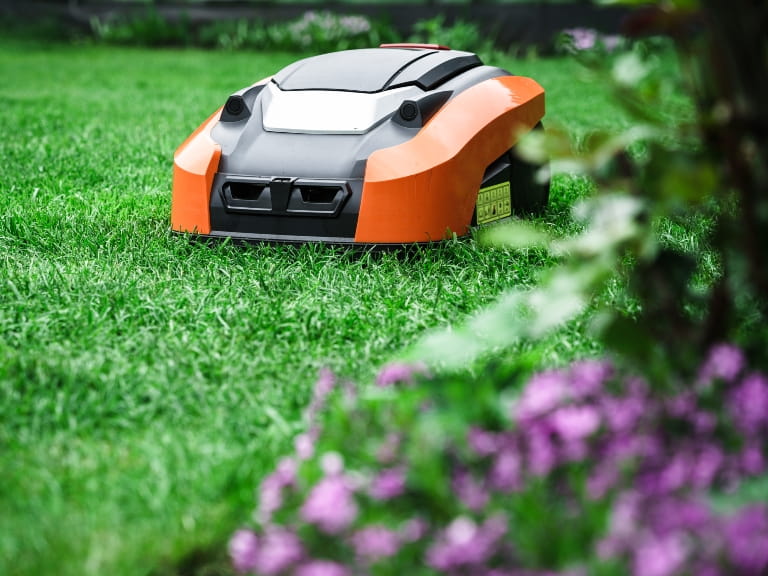
With access sorted, it’s time to challenge your thinking on those pride and joy features – the lawn and pond. For Mark, there’s no question: “Get rid – they’re a faff! I know we love them in the UK, but it’s much less work to look after a generous border full of perennials than a big swathe of lawn or pond that demands so much maintenance.
“If you really want to keep your lawn, leave large areas to grow long, supporting wildlife, but you’ll need a big clear-up in the autumn to prevent it becoming lumpy and bumpy. Or think about a tapestry lawn of creeping thymes that look and smell lovely with minimum effort.”
If your lawn is sacrosanct, cutting it weekly with a manual mower is a great way to burn calories (as many as in an aerobics or dance class). For those with larger lawns too big to turn over to plants, a robotic mower is a sustainable investment.
Staying in contact with soil is a must, believes Mark, for the good of your health. “I love the texture of it between my fingers, but also the fact that simply putting your hands into soil releases feelgood chemicals in the brain.
“Soil is also a great muscle strengthener so, because of my neuropathic pain, I’ll gently knead the soil, and my hands feel better for it. But so do I, from the endorphins.”
To work your soil easily, raised beds are a great solution – but they’re difficult to use if you cannot twist your body as you sit alongside them. Mark prefers planting tables, where you can tuck your knees under, and vertical wall planters.
When it comes to planting the garden, ease your workload by focusing on perennials that return and spread, year after year. While colour, texture and scent are on everyone’s wish list, make evergreens the backbone, which pretty much look after themselves. Above all, warns Mark, keep it simple!
“The fewer types of plant you have, the easier the maintenance – and this brings cohesion to any space.”
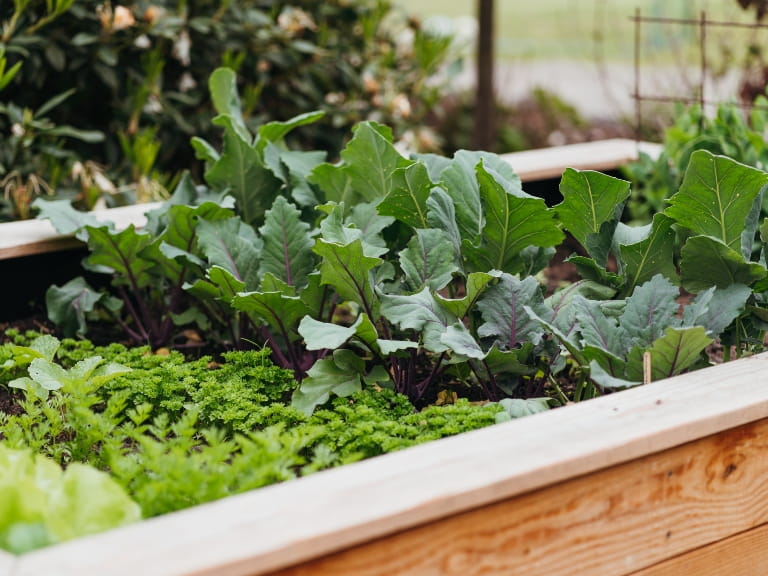
And finally, as gardening methods change to be kinder to the climate, the new approach is broadly do less and let nature do more! No-dig gardening means retiring your spade or much of the year, instead using layers of cardboard and mulch to suppress weeds and boost fertility in soil.
No Mow May advocates easing back on mowing through the year to give insects vital breeding and feeding space. If this appeals, simply mow wide grass paths for access through areas you plan to leave long, then cut and collect all grass clippings in late summer.
If you are feeling overwhelmed, we've got 14 low-maintenance garden ideas for you to try.
When your garden gets too much for you, says Mark, don’t be afraid to call in a specialist. A lawn or hedge expert costs anywhere from £25–£90 per hour, leaving you to focus on the gardening you most enjoy.
“You’ll get so much more from your garden by getting help,” adds Mark. “And it needn’t just be paid-for help: there are many out there who don’t have a garden, so sharing yours with someone who doesn’t helps each other out.
“The worrying thing remains that 24% of the population is disabled and that’s only going to increase as our population ages. But I’m feeling positive thanks to better products becoming available and the growing awareness of this being good for our wellbeing.
"The message we need to get out is that gardens are for everyone.”
Lucy Hall is a garden expert, editor, presenter, podcast creator and writer. She's a trustee of the National Garden Scheme and formerly editor of BBC Gardeners' World Magazine and associate publisher of Gardens Illustrated.
View author page
For a limited time, enjoy 3 issues of Saga Magazine for just £1. Receive the next 3 print editions delivered direct to your door, plus 3 months’ unlimited access to the Saga Magazine app—perfect for reading on the go.
Don’t miss your chance to experience award-winning content at an exceptional price.
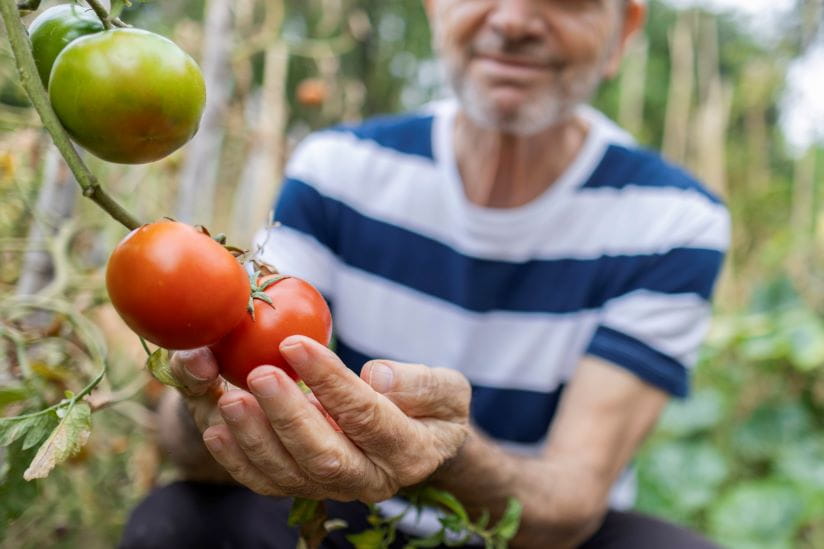
Rekha Mistry shares her top vegetables to grow in your garden all year round.

We explain the science and have 7 of the best scented plants for your garden.
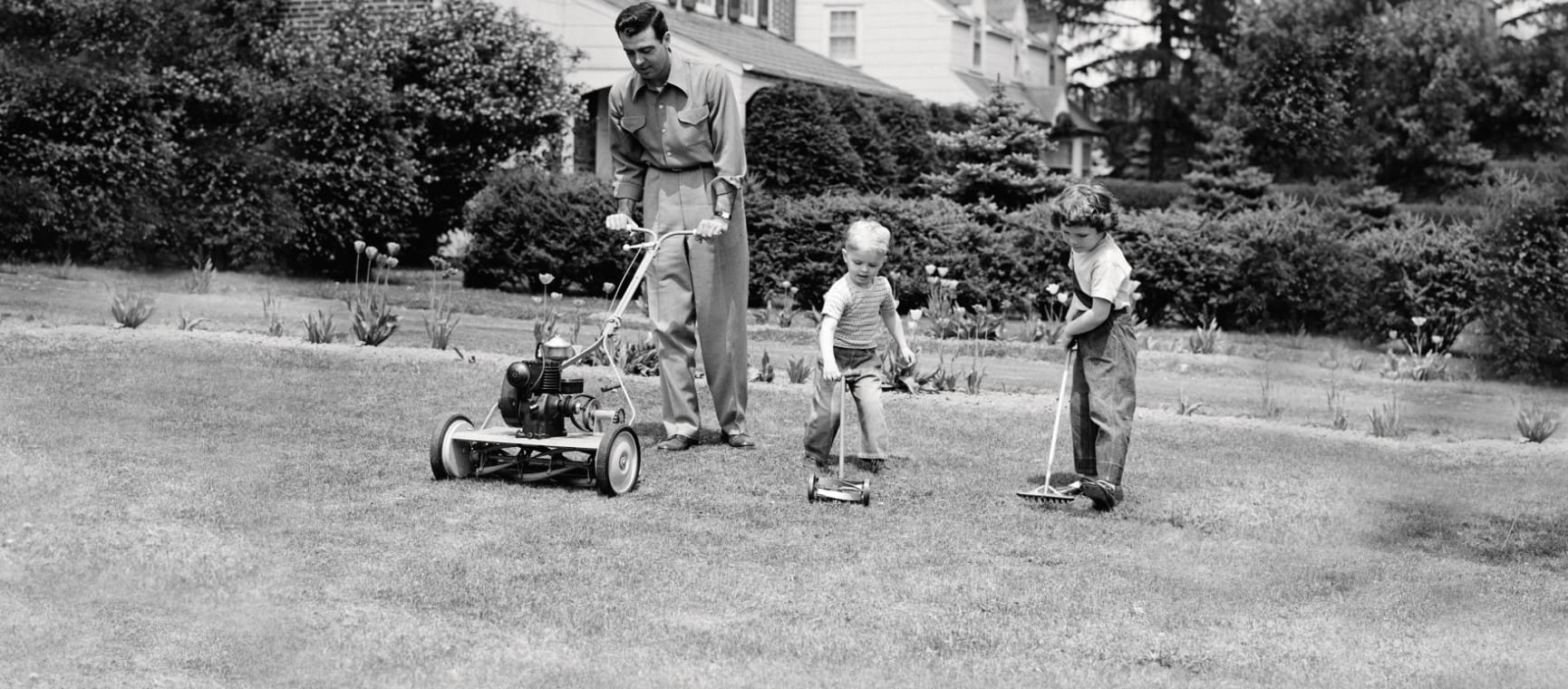
From robot mowers to electric pruning shears, spruce up your outside space with four of the best garden gadgets
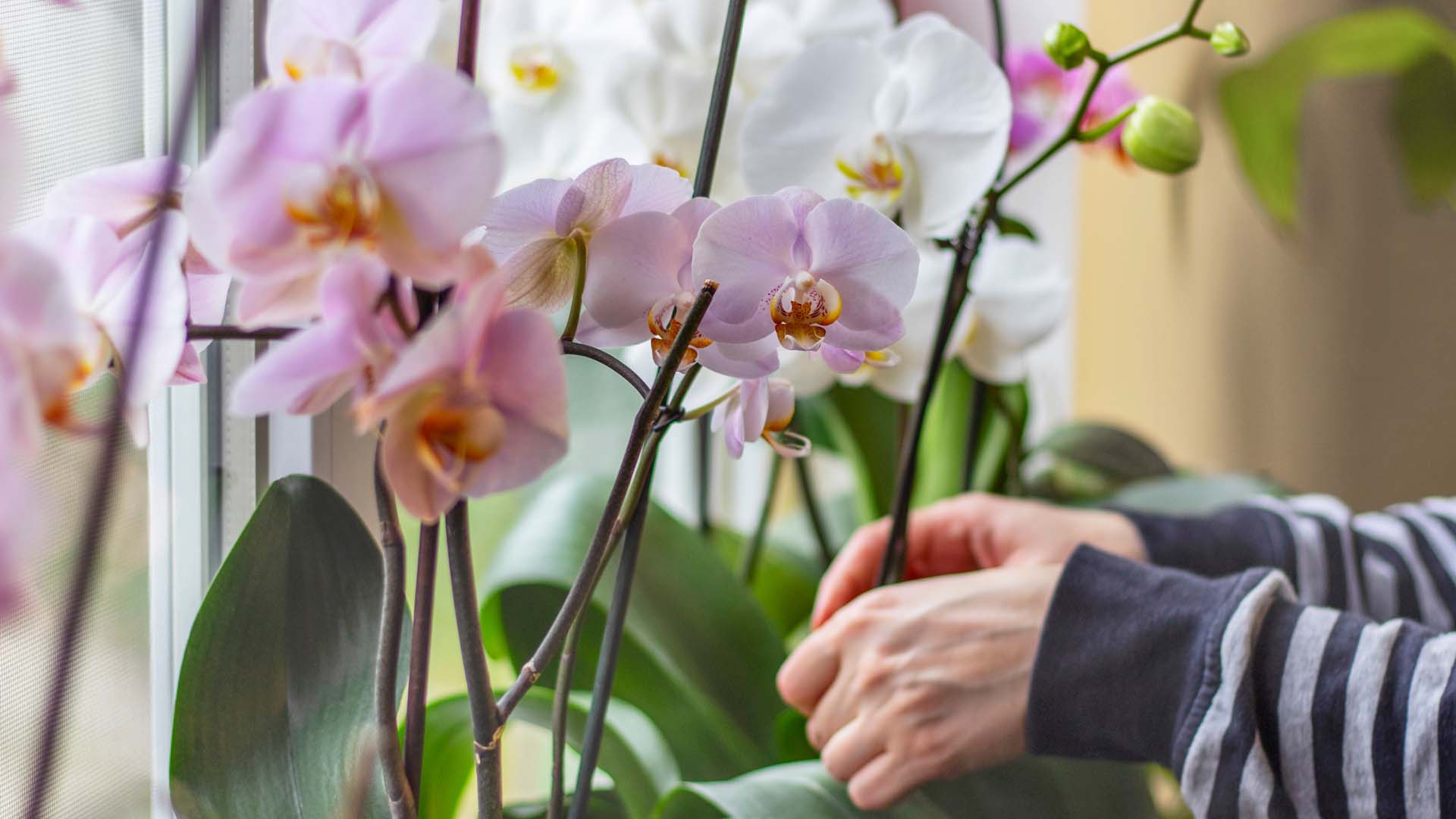
Our expert pruning and watering hacks include a top tip to keep them flowering from Alan Titchmarsh.
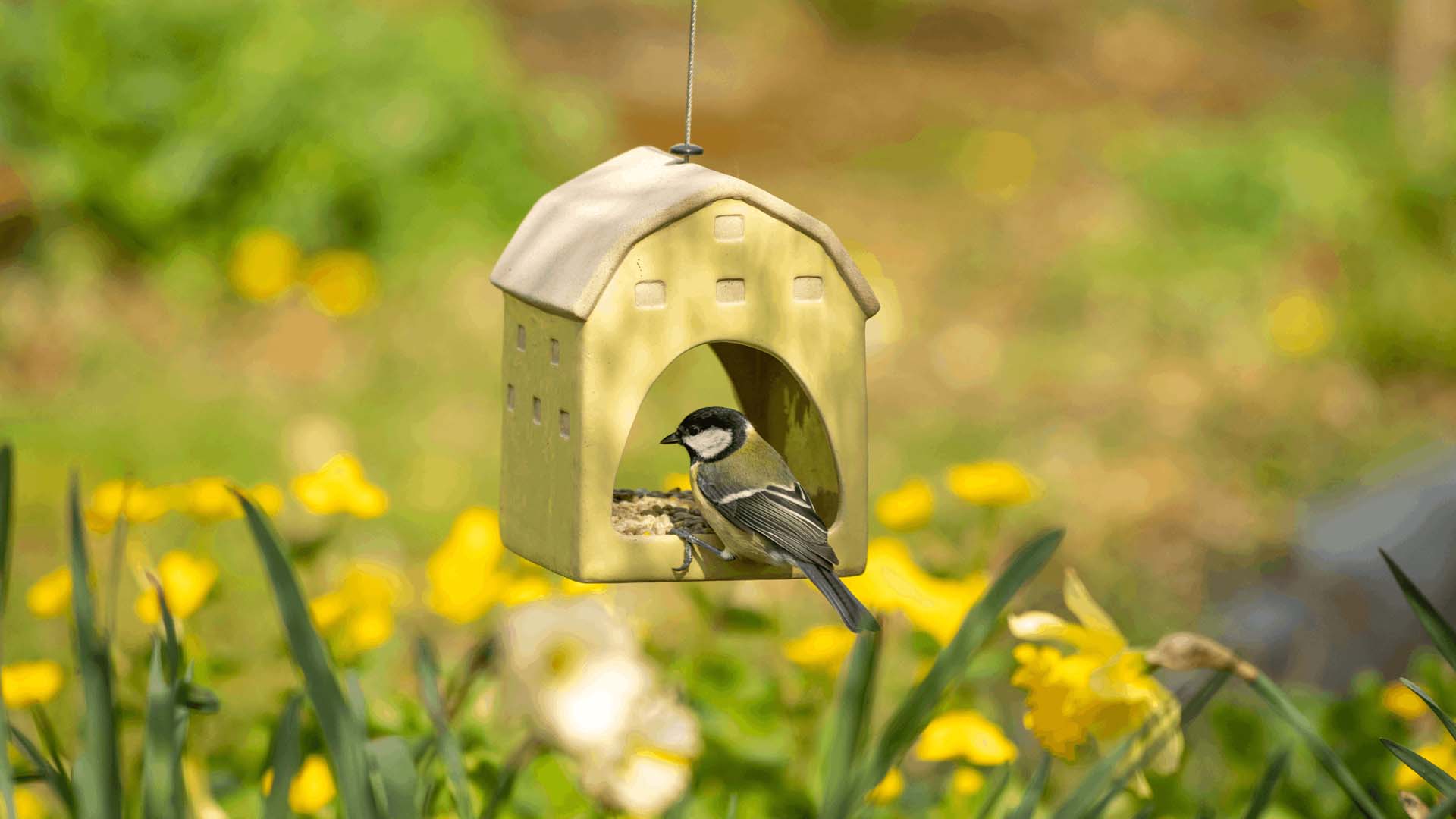
Don’t make these bird-feeding mistakes. Expert advice on how to feed birds in your garden safely.
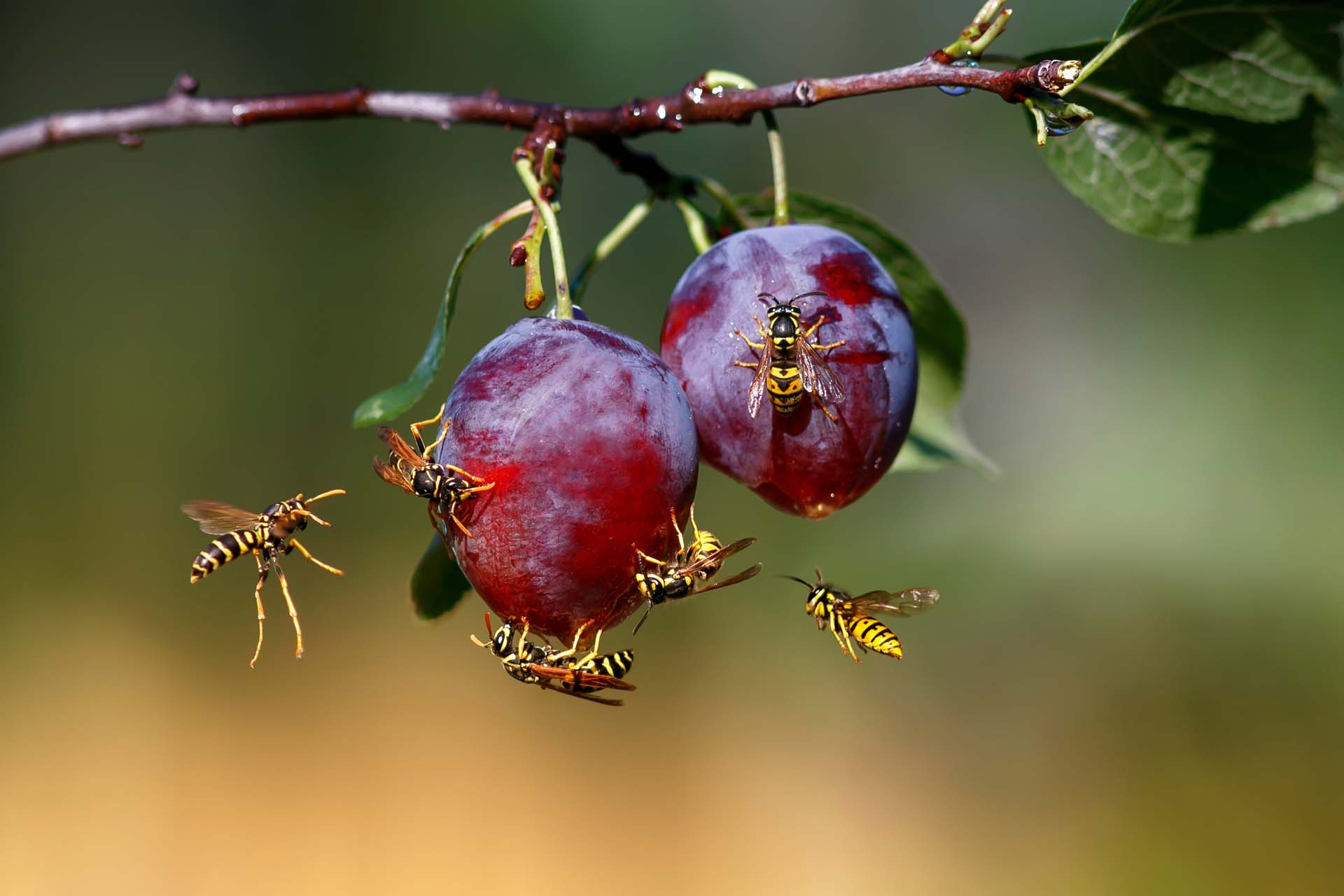
Blighted by buzzing? How to keep wasps out of your garden without harming them so you can enjoy the summer.
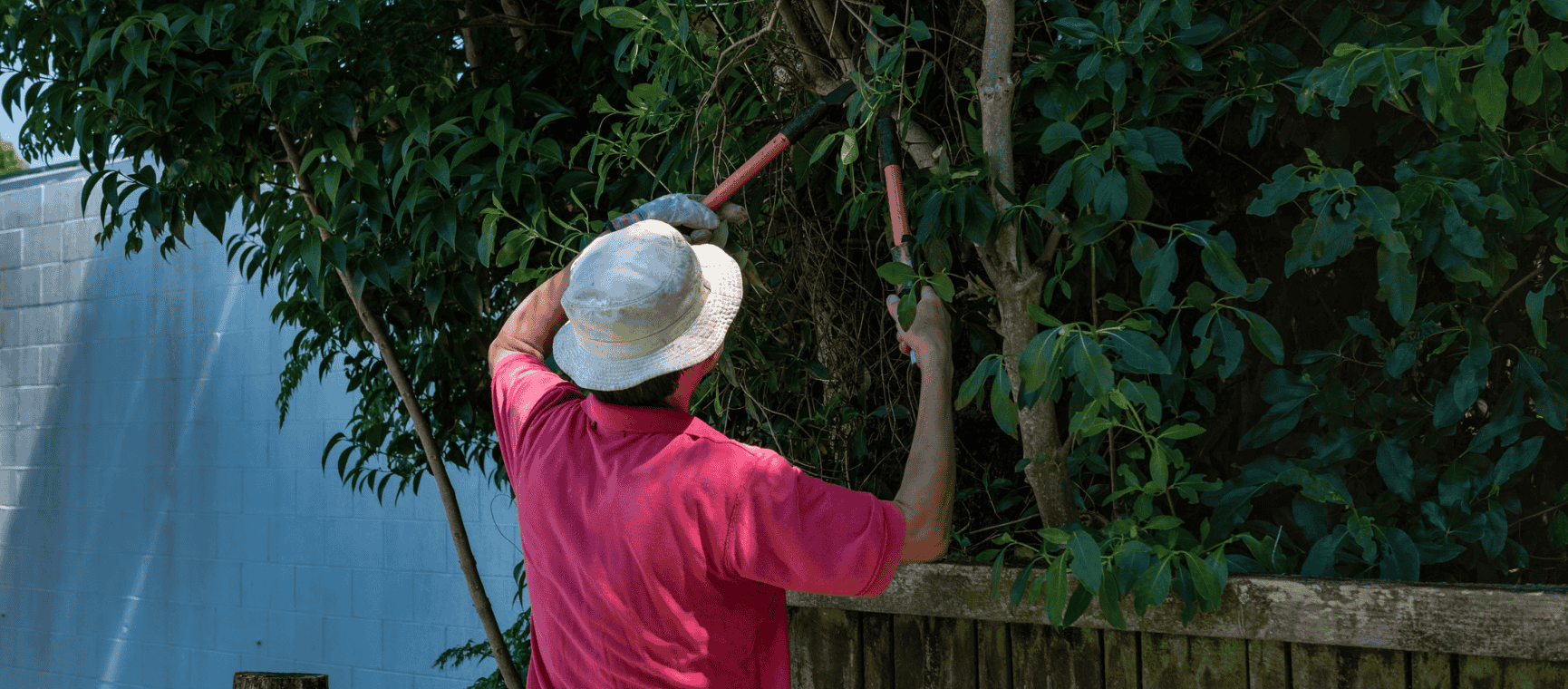
The ways you could be breaking the law in your back garden - with expert advice on how to avoid neighbour disputes, a fine or even a prosecution.
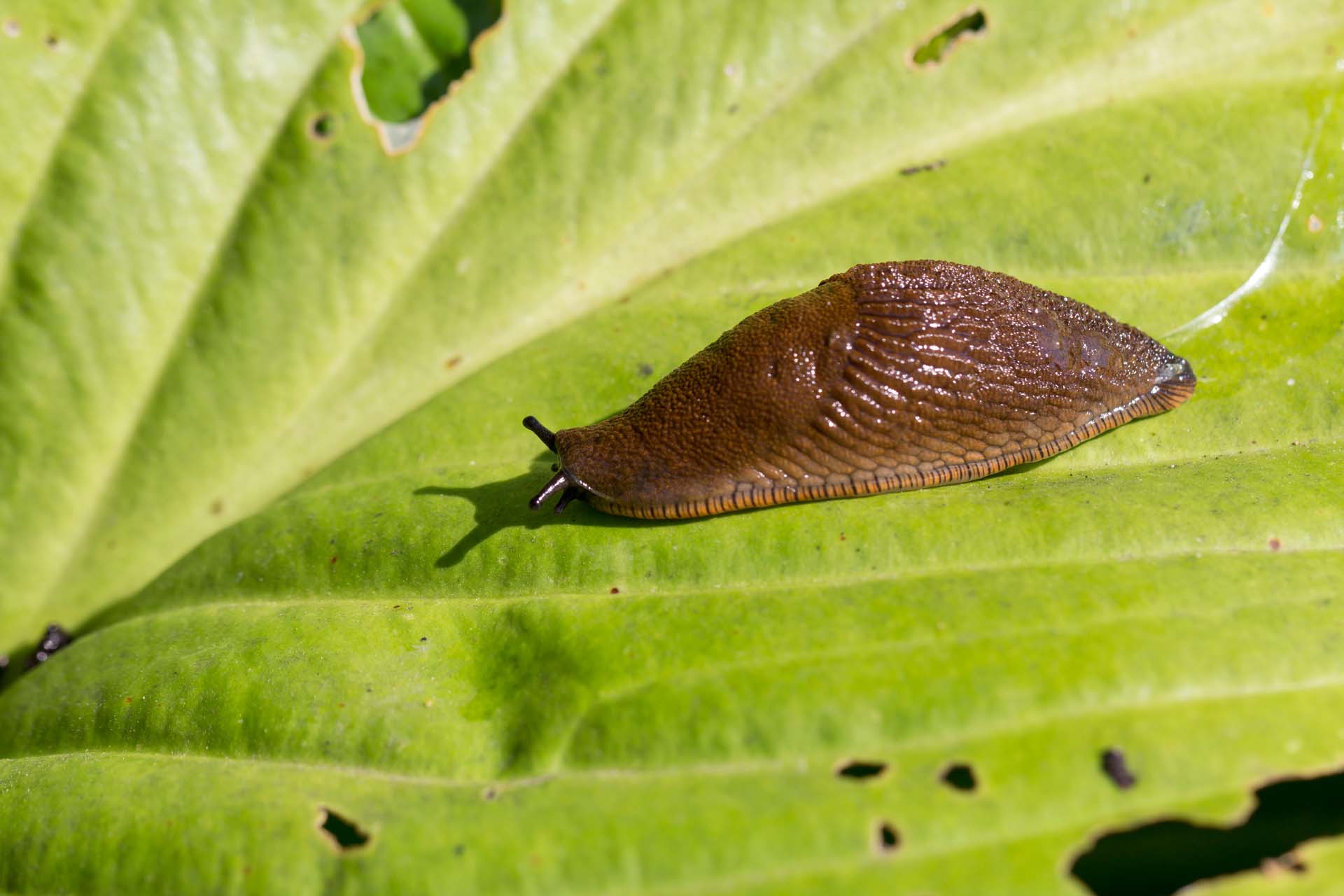
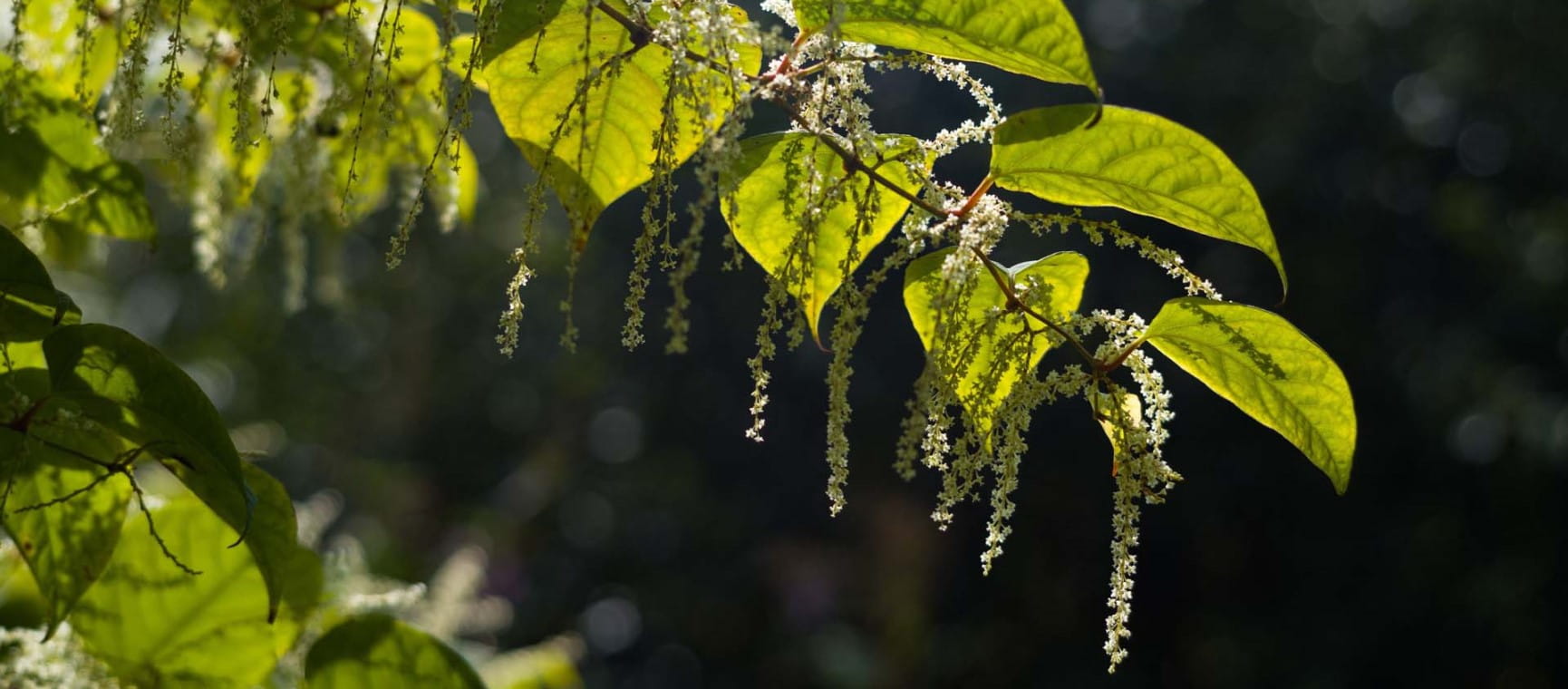
Everything you need to know about Japanese knotweed, the fast-growing plant nobody wants in their garden.